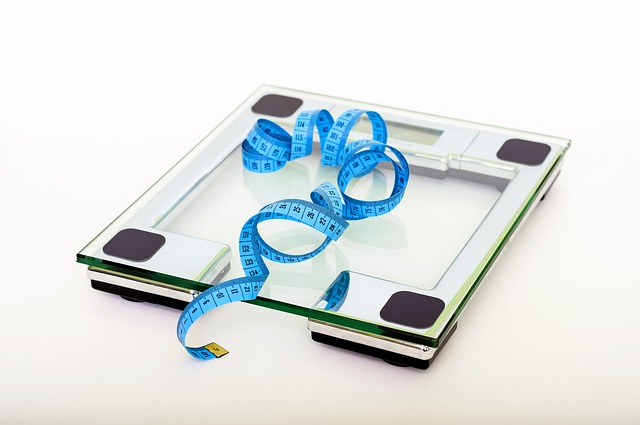Focusing on Fat Loss, not Weight Loss
It may sound strange, but it’s possible to get slimmer without actually seeing a change in your weight. This happens when you lose body fat while gaining muscle.
When people talk about losing weight, what they usually mean is slimming down.
To lose weight around the hips, thighs, belly, and arms. But, the odd thing about slimming down is that it doesn’t always mean losing actual weight off the scale.
Your weight may stay the same, even as you lose inches, a sign that you’re moving in the right direction. The problem is, you may be focused on the scale, believing that if the number doesn’t change, you’re not getting real results.
Knowing the difference between losing weight and losing body fat can change how you see yourself, your progress, and maybe even how you look at your own body.
The Truth about Your Weight
Focusing on fat loss is much more important than focusing on your weight.
When you lose body fat, you’re making permanent changes in your body, shifting your body composition so that you have less fat and more muscle.
When you lose weight, you could be losing water or even muscle. It’s impossible to know if you’re seeing real results or just the product of your daily habits, hormonal shifts, and changing hydration levels.

What to Know When You Get on the Scale
When you first start a program, you may need extra encouragement to keep going and proof that what you’re doing is working. The scale may not give you that. Here’s why the scale may mislead you.
- It measures everything: The number on the scale includes everything – muscles, fat, bones, organs, fat, food, and water. For that reason, your scale weight can be a deceptive number.
- It doesn’t reflect the changes happening in your body: If you’re doing cardio and strength training, you may build lean muscle tissue at the same time you’re losing fat. In that case, the scale may not change even though you’re getting leaner and slimmer.
- It doesn’t reflect your health: The scale can’t tell the difference between fat and muscle. That means a person can have a low body weight but still have unhealthy levels of body fat.
- It isn’t always a positive motivator: If you step on the scale and you’re unhappy with what you see, how does that make you feel? You may question everything you’re doing, wondering why you even bother at all. Focusing on weight may overshadow the positive results you’re getting such as fat loss, more endurance, and higher energy levels.
Changing how you Measure your Success
Using other ways to measure progress can keep you motivated and help you realise that you are making changes, no matter what the scale says. This is especially true if you’re not losing weight where you’d like to.
It helps to remember that your body loses weight in a certain order based on your gender, age, genetics, and other factors beyond your control. Just because you aren’t losing weight in your hips doesn’t mean you’re not losing weight somewhere. It may just be from a place you don’t much care about.
Other methods to measure success include:
- Go by how your clothes fit
If they fit more loosely, you know you’re on the right track. It helps to have one pair of pants that are a little too tight. Try them on once a month and make notes on how they fit. Clothes don’t lie. - Take your measurements to see if you’re losing inches
Measuring your body at different points helps you figure out if you are, in fact, losing fat. Knowing that may motivate you to keep going and allow your body to respond to your workouts.
- Use a scale that measures body fat through bioelectrical impedance
These scales are readily available at a variety of different price points, or one may be available at your gym or health club.
While they can be affected by various factors, they will give you a more accurate view of whether you are losing fat and gaining muscle or not.
Alternatively, you can get your body fat tested or use an online calculator. These are usually guesstimates, but if you get tested every so often under the same circumstances you can see if that body fat number is getting lower.
Set Performance Goals
Instead of worrying about weight loss or fat loss, focus on completing a certain number of workouts each week or competing in a race.
See how many push-ups you can do or how many days in a row you can exercise.
These are tangible, reachable goals that give you more of that instant gratification the scale doesn’t.